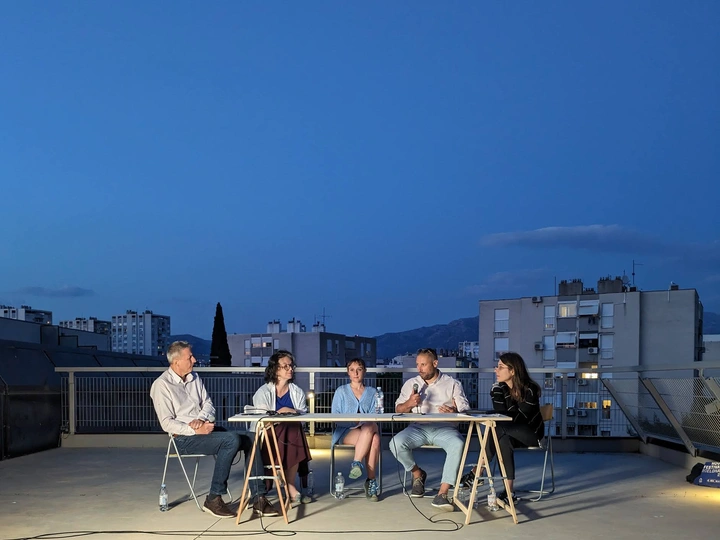"Family Tree" of the European Housing Crisis

Pravo na grad, - PnG, Zagreb, Croatia is the NGO operating against privatisation and excessive economic exploitation of common goods and spaces, with a particular emphasis on issues related to citizen participation and civil society involvement in managing public goods. The association emerged from a long-standing campaign and initiative established by independent cultural and youth organisations which began public activism and advocacy for protection of public spaces and resources in the city of Zagreb. Since its foundation in 2009, PNG has led the National Forum for space, gathering NGOs, academia and researchers with the aim of bringing together different perspectives, research and citizens’ initiatives on spatial planning and has organized numerous campaigns, public discussions and workshops on democratic practices in spatial planning and urban development.
"Owning an apartment is, and always has been, everyone's dream" — or so we’ve been told.
This widespread narrative has shaped housing policy, economic structures, and personal aspirations for decades in neoliberal context. But what has this dream really done to our reality over the past 40 years? And what is it doing now?
Within Right to the City, we have been taking the critical perspective on the history of housing issues in Croatia and beyond, providing support to marginalized communities in precarious housing situations while actively supporting initiatives and ideas that upgrade non market based solutions. Our work is based on policy analysis and advocacy in real time, from mapping the influence of short term rentals on touristic cities, to providing legal help and education to tenants and initiatives, creating simultaneously a network of researchers, organizations and collectives.
However, housing injustice doesn’t stop at national borders. Increasingly, our work is expanding toward the European level. We’re seeing the same trends — and the same harms — replicated from Lisbon to Berlin, from Belgrade to Athens. The housing situation in European cities under market driven economy is becoming unified in its dysfunction, and our responses must be equally connected and collaborative.
That’s why we are launching a new project: a "Family Tree" of the European Housing Crisis.
This tree will trace the roots of today’s crisis: the historical decisions, ideological shifts, financial instruments, and political choices that have shaped the current landscape. At the same time, it will branch out into possible futures — resistance strategies, policy alternatives, collective solutions, and cross-border solidarities.
We want to build this tree together — with urbanists, activists, researchers, and tenant movements from across Europe. Together, we will ask: How did it come to this? And more importantly: how do we move forward?
